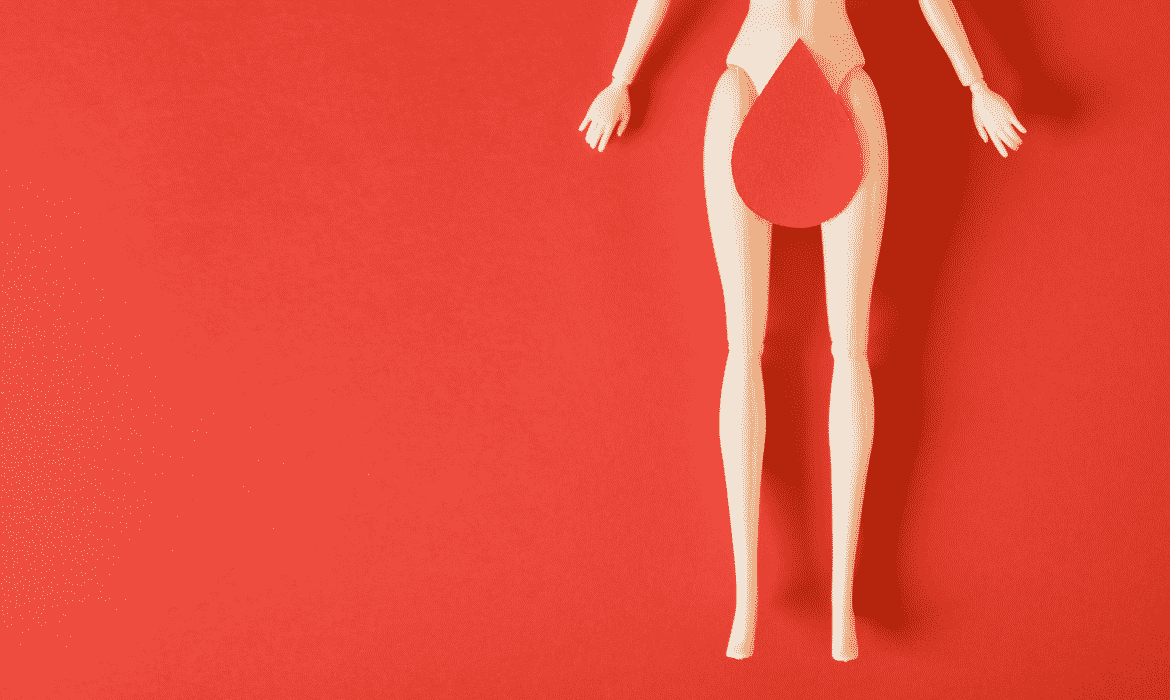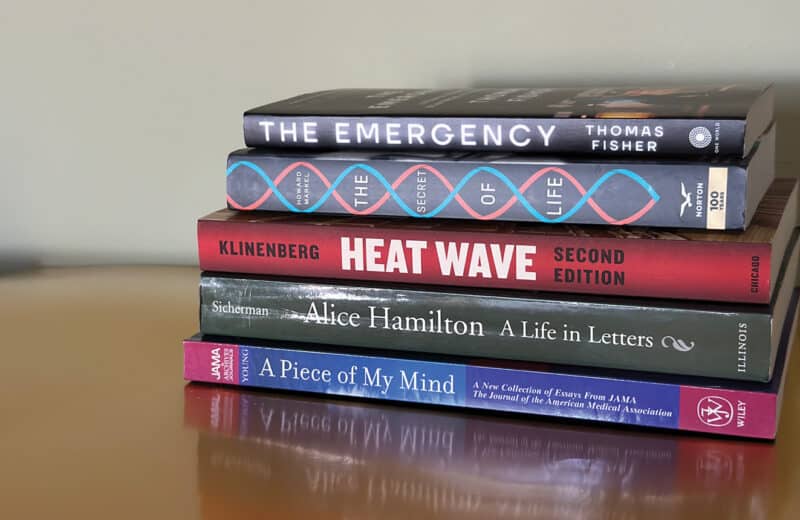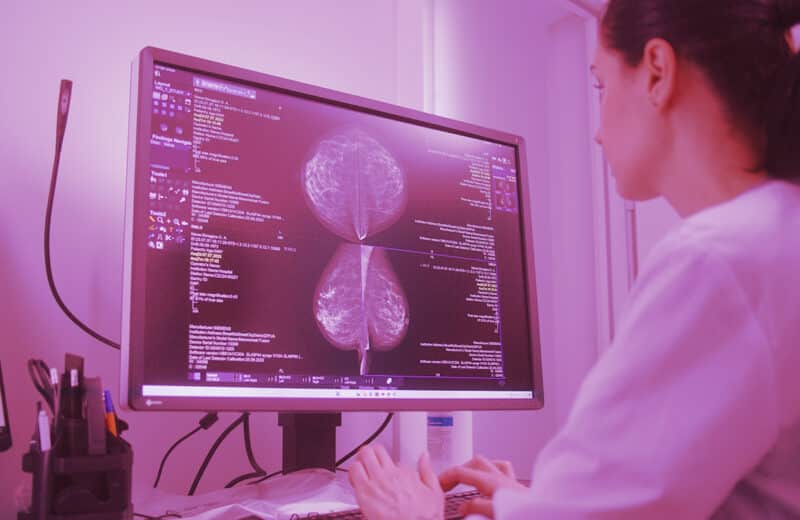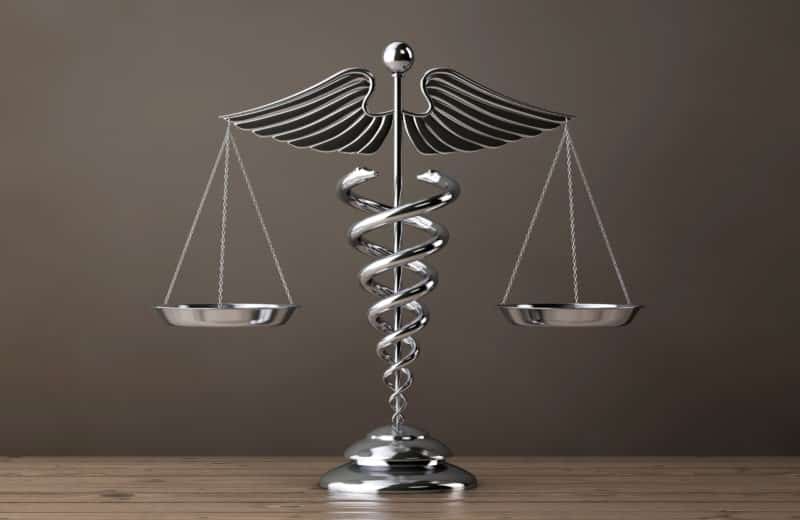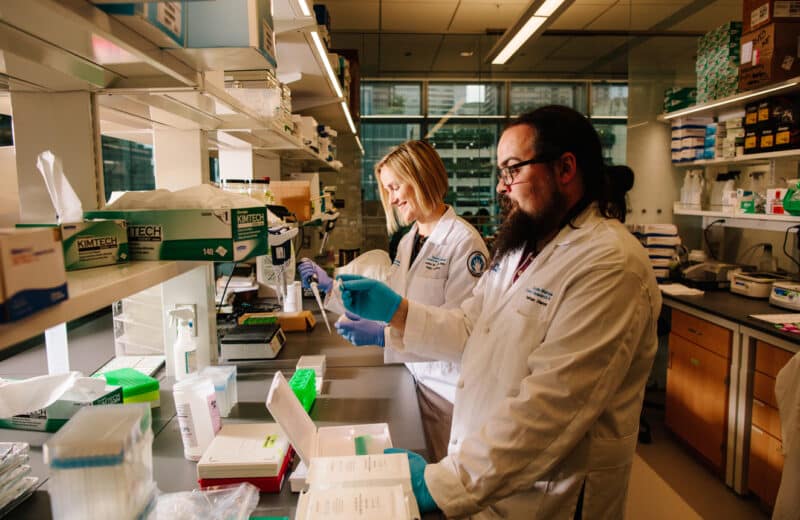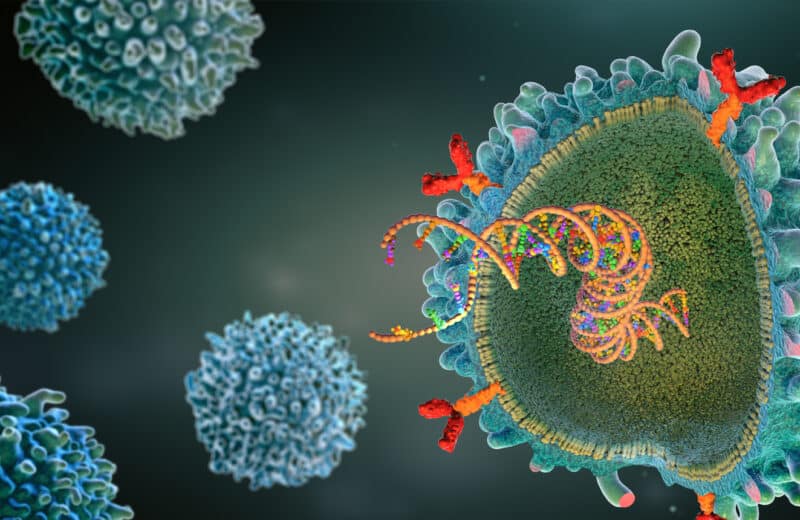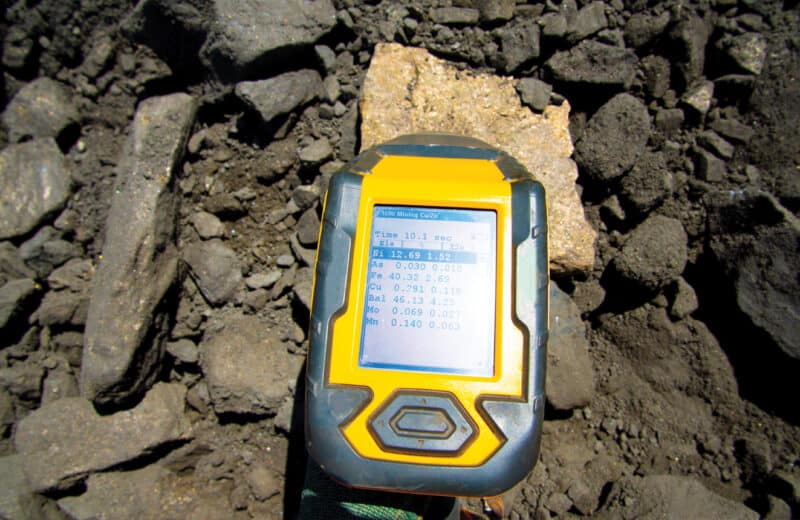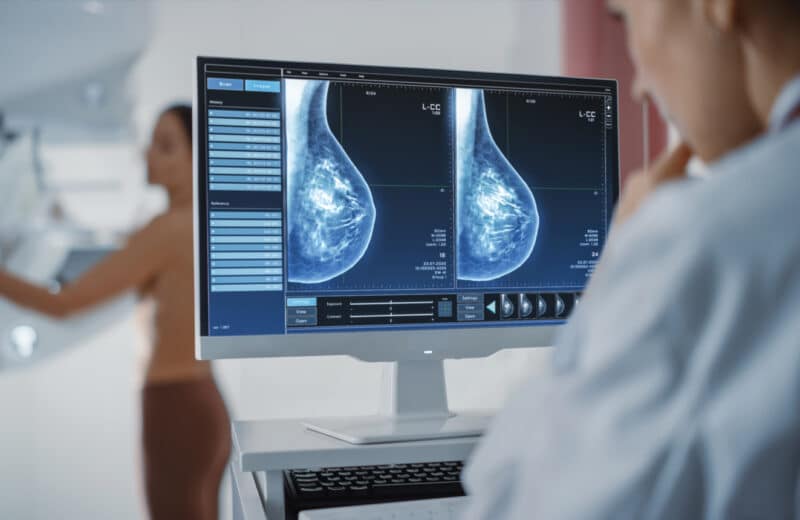Being unable to access menstrual products takes a mental and physical toll on students, says Em Rabelais, PhD, RN, a health ethicist and assistant professor at the University of Illinois Chicago (UIC).
Some students experience period poverty — when they can’t afford products such as pads and tampons. Other Chicago teens face anxiety about managing their periods during the school day, resulting in missed classes or lack of focus, according to a study in the International Journal of Adolescence and Youth.
Lack of access to period products can also spur health problems. For instance, if a person uses a tampon beyond the suggested duration, it may lead to toxic shock syndrome.
With a new law passed last year, Illinois is one of six states that address period poverty by requiring schools to offer free menstrual products in bathrooms. Illinois law focuses on public universities and community colleges, while some of the other states focus on middle and high school.
Menstrual equity advocates like Abigail Suleman, co-founder of the UIC student organization Blood Buds, suggest schools should also consider sustainable alternatives like menstrual cups, which could be cheaper in the long run.

